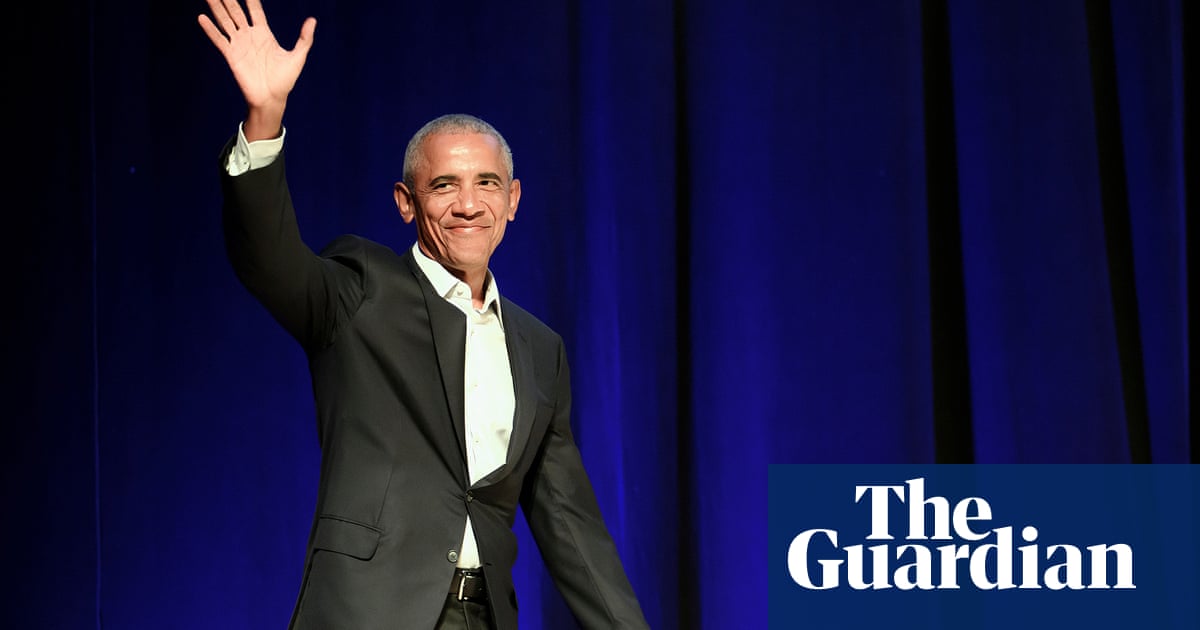Tesla Chair Robyn Denholm recently addressed rumors that the company’s board is considering replacing CEO Elon Musk due to declining sales and political controversies. In a post on X, she firmly denied a report claiming the board had reached out to recruitment firms for a potential CEO search. “This is absolutely false,” she stated, affirming the board’s confidence in Musk’s leadership and the company’s growth plans.
These rumors emerged after a Wall Street Journal article suggested the board was worried about Musk’s commitments in Washington, D.C. Notably, Musk’s involvement with the Trump administration as head of the “Department of Government Efficiency” has garnered mixed reactions. This position was supposed to identify significant savings in the federal budget, but it has also led to backlash against Tesla in the U.S. Some consumers are distancing themselves from the brand, leading to protests at dealerships and even vandalism of Tesla cars.
This situation has affected Tesla’s performance, particularly after Musk’s political involvement extended to Europe, where he supported the far-right Alternative for Germany party in their recent elections. Such actions have resulted in reduced sales in Europe as well. In the first quarter, Tesla’s profits fell by 71%, missing even the lowest expectations, and the company lost its status as the world’s largest electric vehicle maker to BYD, a Chinese rival. Tesla’s stock has dropped 30% year-to-date, erasing over $800 billion from its market value.
In response to investor concerns, Musk has committed to reducing his time at Dogecoin and focusing more on Tesla. Any decision by the board to remove Musk would be significant given his influential role and substantial shareholding in the company. Historically, Musk’s leadership has steered Tesla through challenges, but the current pressures are mounting.
Interestingly, a recent survey showed that 58% of consumers consider a company’s political stances when making purchasing decisions. This statistic suggests that Tesla’s political ties could have lingering impacts on its market performance and brand perception.
Meanwhile, Musk continues to juggle roles across various ventures, including social media platform X and his companies SpaceX and Neuralink. As he reduces his physical presence at the White House, he maintains communication with Trump’s team, believing his influence still matters.
In conclusion, Tesla faces a challenging landscape fueled by political dynamics, shifting consumer sentiments, and internal investor pressures. The board’s confidence in Musk remains strong, but the need for strategic adjustments is evident as Tesla navigates these turbulent waters.
Source link






















